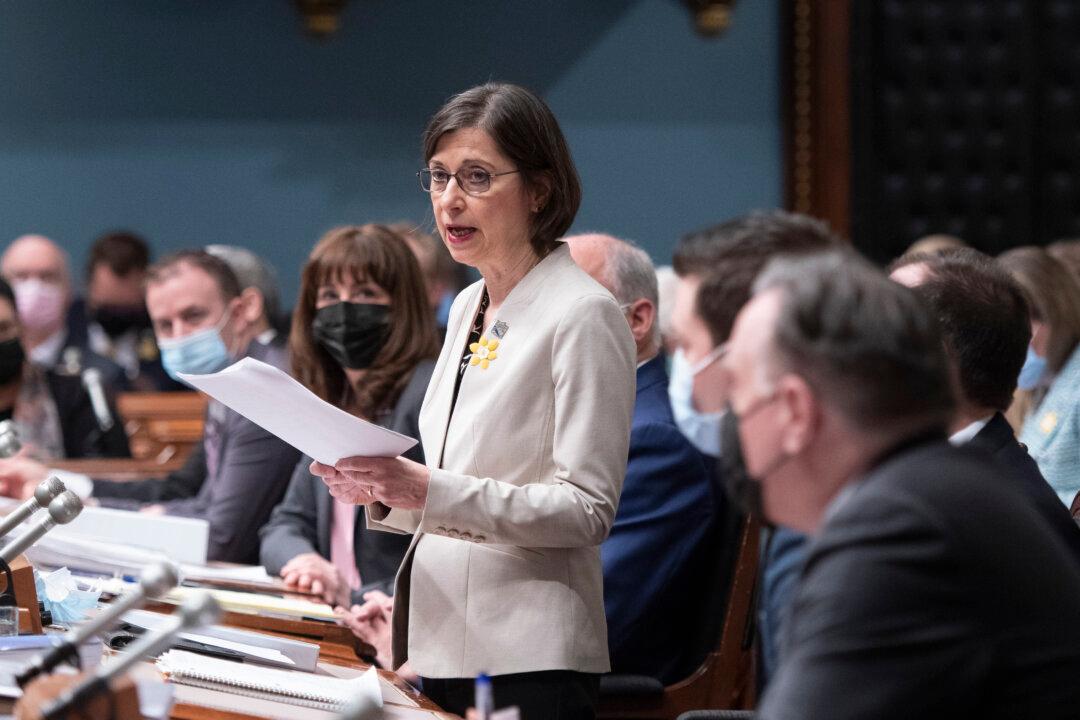A new bill introduced in Quebec on April 6 allows “any word” to be used in university classrooms under academic context, the province’s higher education minister said.
Bill 32 was introduced in the National Assembly for the purpose of recognizing, promoting, and protecting “university academic freedom,” an official document says.





